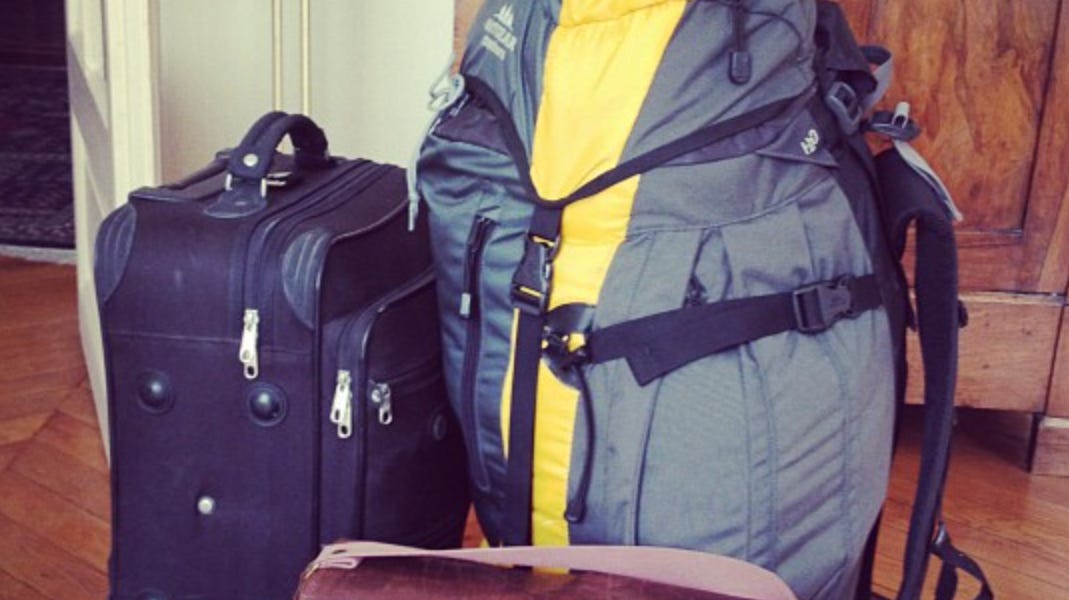Consumerism
kev and
Consumerism
kev and

Runaway consumerism explains the Fermi Paradox
Fresh organic fruit juice costs so much more than nutrition-free soda. Having real friends is so much more effort than watching Friends on TV. Actually colonizing the galaxy would be so much harder than pretending to have done it when filming Star Wars or Serenity.
Most bright alien species probably go extinct gradually, allocating more time and resources to their pleasures, and less to their children.


some backstory about the 3 of us [Objet’s founders]. or how 18 moves across 4 continents in the past 15 years made us more intentional with the objects we carry in our lives.



which is exactly my own experience; and why/ how I came to work on Objet:
Early on, I used to be pretty dumb about stuff shocks. I hate moving, and each time I moved, I’d swear that I’d never collect so much crap again. But each time, as I unpacked my life and settled into a new place, stuff would creep back in. Somewhere along the way — perhaps it was the 5th or 6th move — I got more sophisticated in thinking about my stuff, and started managing the isolation/interdependence tradeoff more carefully.
can’t agree more with that solution:
Instead, I believe you have to think about individual lifestyle elements down to things like knives and shoes. You have to put more thinking into every act of ownership. This thinking doesn’t just add value inside your head. It adds value outside your head, to the stuff itself. Your stuff gets smarter. More information — the output of thinking — gets embodied by it.
nailed down:
It isn’t the quantity of stuff in your life that matters. What matters is how smart the stuff is and whether it is smart in service of your needs.